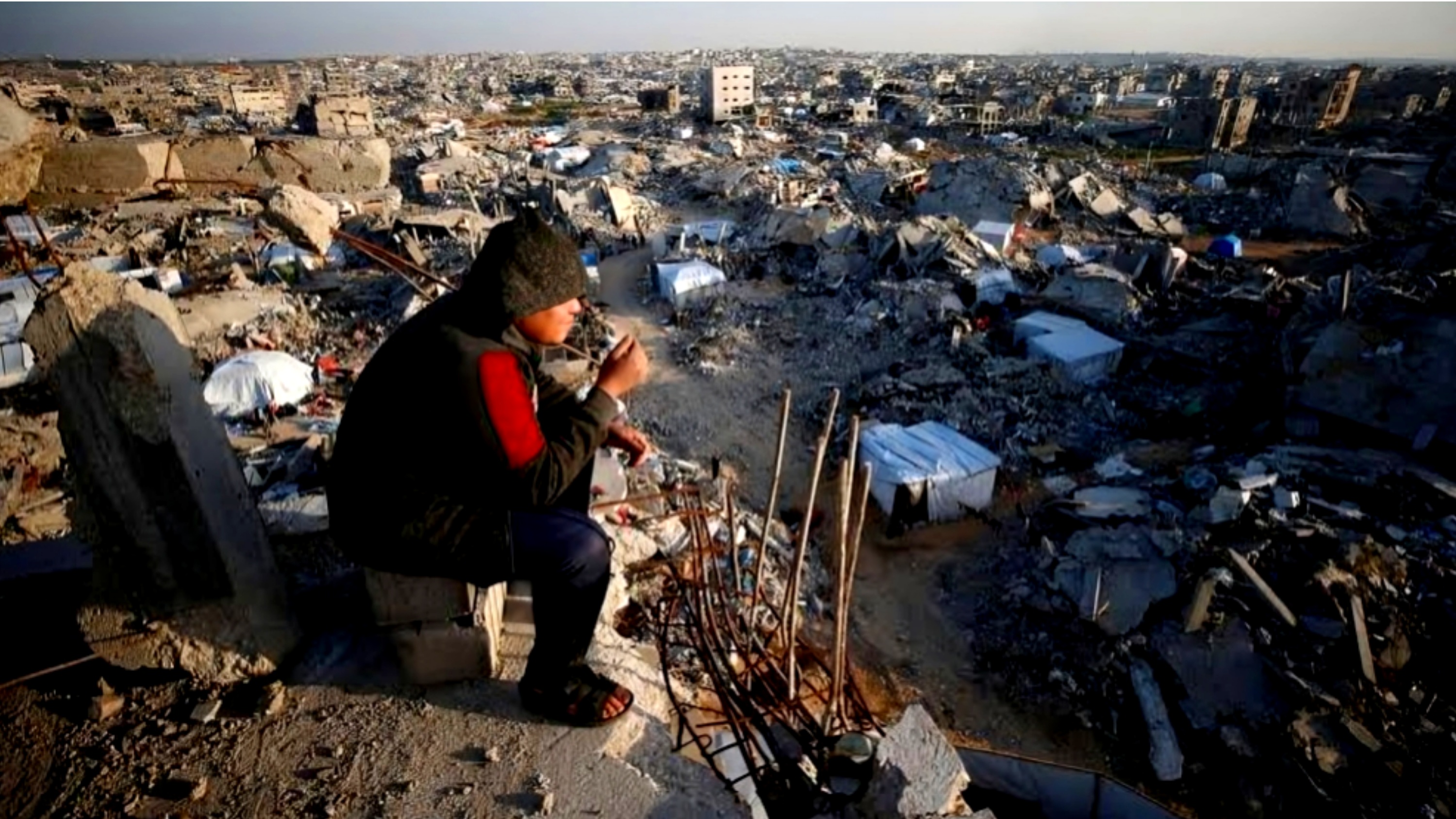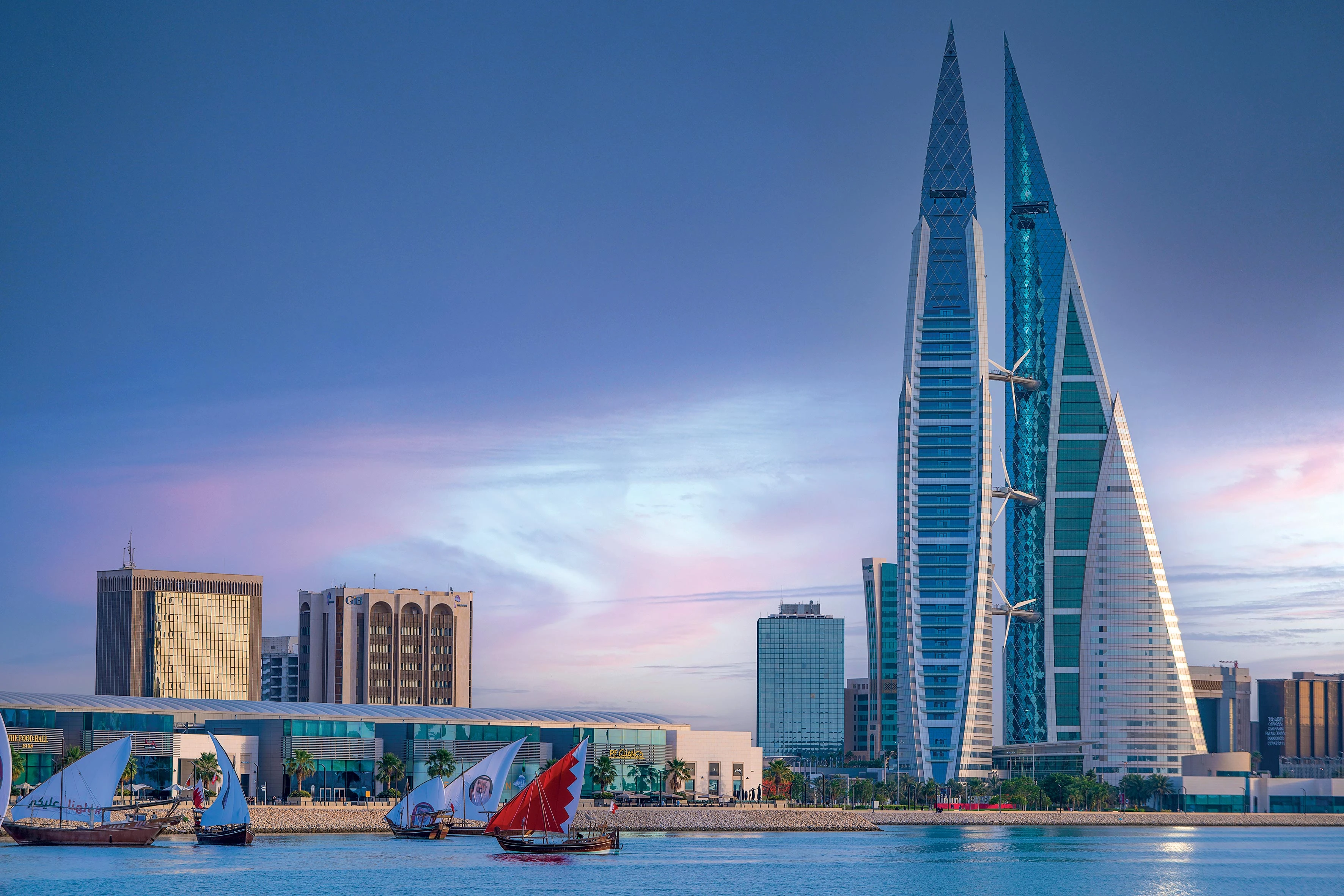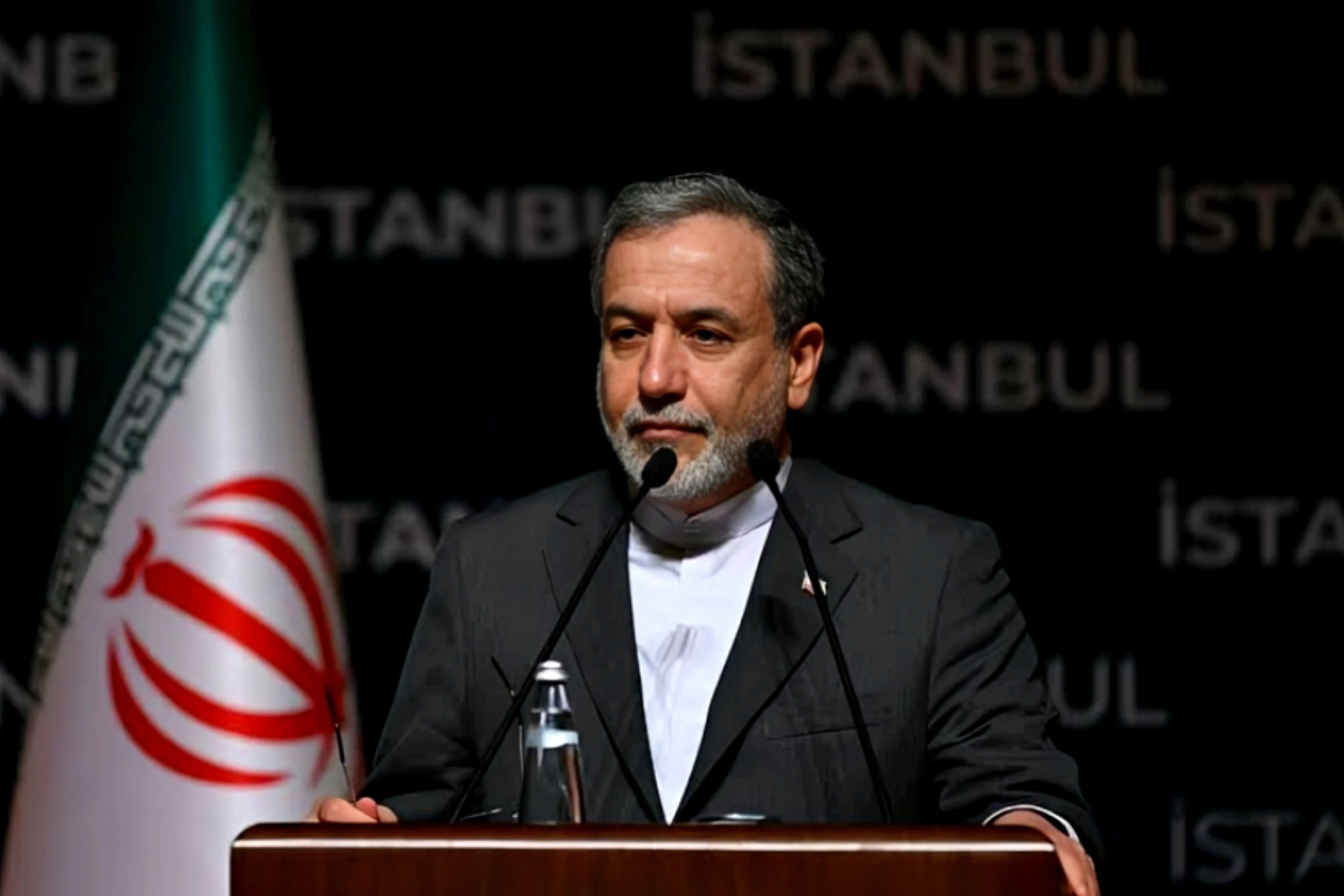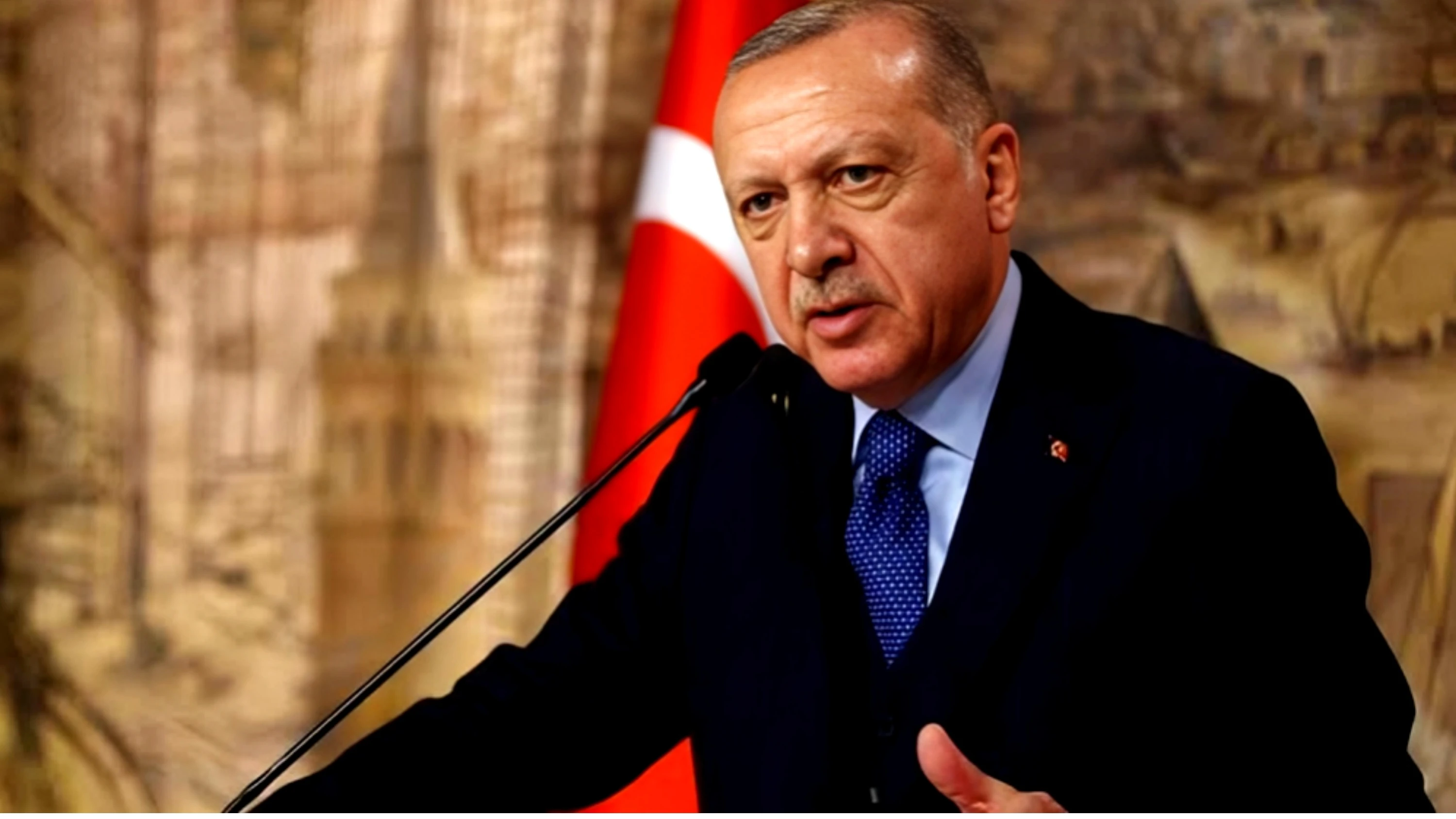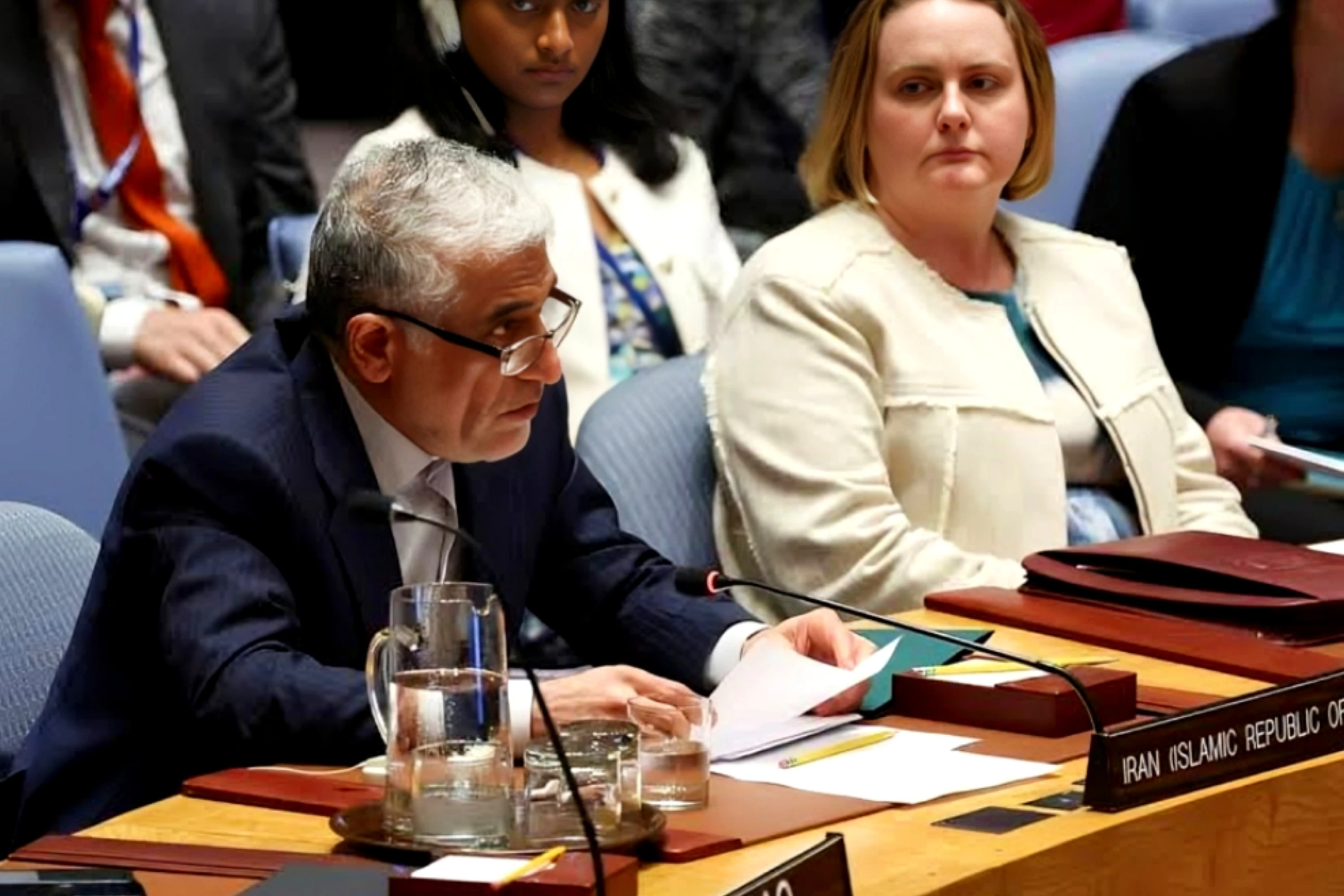Gaza: The United States and Israel have rejected an Arab reconstruction plan for Gaza, which was approved by Arab leaders at a summit in Cairo on Tuesday. The proposal is an alternative to U.S. President Donald Trump's vision, which seeks to take control of Gaza and permanently relocate its residents.
The Palestinian Authority and Hamas have welcomed the Arab plan, which calls for Gaza to be temporarily managed by an independent panel of experts and for the deployment of international peacekeeping forces. However, the White House and the Israeli Foreign Ministry have dismissed the proposal, arguing that it fails to address the realities on the ground. They remain committed to Trump's approach of rebuilding Gaza after displacing its Palestinian residents.
The Arab summit was convened due to concerns that the fragile ceasefire in Gaza could collapse after the first phase of a six-week agreement expires on Saturday. Israel has blocked humanitarian aid from entering Gaza in an effort to pressure Hamas into accepting a new U.S. proposal for a temporary extension of the truce. Under this plan, more Israeli hostages held in Gaza would be released in exchange for Palestinian prisoners. Hamas, however, insists that the second phase of the agreement must be implemented, leading to a complete end to the war and a full Israeli military withdrawal.
On Tuesday, Egypt presented a $53 billion Arab reconstruction plan at an emergency Arab League meeting. The proposal explicitly rejects any forced displacement of Palestinians, calling such actions a violation of international law, a crime against humanity, and an act of ethnic cleansing.
The plan envisions a three-phase reconstruction process over five years. Around 1.5 million displaced Gazans would be resettled in two million pre-built housing units and 60,000 repaired homes. The first phase, lasting six months and costing $3 billion, would focus on clearing millions of tons of rubble and unexploded ordnance. The second phase, spanning two years with a budget of $20 billion, would involve rebuilding housing and public infrastructure. The final phase, also lasting two years and costing $30 billion, would include the construction of an airport, two seaports, and an industrial zone.
The proposal also calls for the establishment of an "administrative committee" composed of independent Palestinian technocrats to temporarily govern Gaza while efforts are made to reinstate the Palestinian Authority.
Hamas, which has ruled Gaza since 2007 after ousting Palestinian Authority forces in violent clashes, has praised the Arab stance rejecting the displacement of Palestinians. The Palestinian Authority, which still governs parts of the occupied West Bank, has also welcomed the plan. Palestinian President Mahmoud Abbas urged Trump to support the initiative.
However, Israel's Foreign Ministry immediately dismissed the Arab League's endorsement of the Egyptian plan, arguing that it fails to acknowledge the new realities following the October 7, 2023, Hamas attack on Israel. The ministry reiterated support for Trump's vision, stating that Gazans should have the opportunity to make a free choice about their future.
White House National Security Council spokesperson Brian Hughes criticized the Arab plan for overlooking the dire conditions in Gaza, emphasizing that the area is currently uninhabitable due to widespread destruction and unexploded ordnance. He reaffirmed Trump's commitment to rebuilding a Hamas-free Gaza and expressed willingness to engage in further negotiations for regional peace and prosperity.
Last month, Trump proposed that the U.S. take control of Gaza and relocate its population to other countries, arguing that they would have better living conditions in Egypt, Jordan, and elsewhere. Under this plan, displaced Palestinians would have no right of return.
Arab League Assistant Secretary-General Hossam Zaki condemned Trump's stance as unacceptable, stating that it is based on the forced displacement of Palestinians, which violates international law. He also criticized Israel's rejection of the Arab plan, calling it inhumane and unethical.
The conflict traces back to Israel's establishment in 1948, which led to the displacement of millions of Palestinians. Many sought refuge in Gaza, where their descendants now make up three-quarters of the population. Today, the United Nations estimates that 900,000 registered Palestinian refugees live in the West Bank, while 3.4 million reside in Jordan, Syria, and Lebanon.
The current war erupted after Hamas launched an unprecedented cross-border attack on October 7, 2023, killing approximately 1,200 people and taking 251 hostages. In response, Israel launched a military campaign aimed at dismantling Hamas. Since then, Gaza's Hamas-run Health Ministry reports that over 48,400 people have been killed.
Most of Gaza’s population has been displaced multiple times. Around 70% of buildings have been destroyed, and essential services, including healthcare, water, sanitation, and hygiene, have collapsed. The territory also faces severe shortages of food, fuel, medicine, and shelter.


